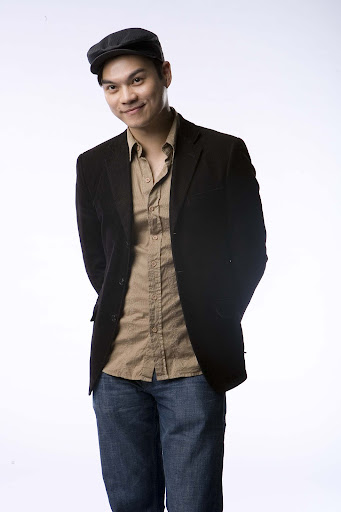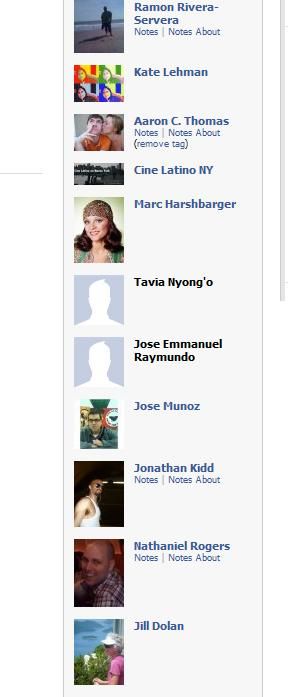A few thoughts on Michael Bay's latest movie:
Transformers: Revenge of the Fallen:
1. I must be honest about things and say that
Revenge of the Fallen, unlike the original
Transformers from 2007, is mostly coherent. I followed the plots just fine and they all (mostly) made sense.
2. Megan Fox is totally hot. Shia LaBeouf is very cute but not cute enough for her.

3. The hottest guy in the movie is actually
Ramon Rodriguez who plays Shia's super-nerdy roommate Leo Spitz (he's supposed to be Jewish, I guess??). Leave it to a Hollywood blockbuster to cast an extremely hot guy as the dorky best friend. Rodriguez is very funny and does some nice work in this role.
4. The film was making sense to me until the end (I am spoiling things here but it doesn't really matter) when Shia almost dies and then sees a vision before coming back to life. This is what I don't get. Shia sees the vision of all of the dead Primes and they speak to him and they tell him things, to wit: you cannot find the Key of Whatever; you have to
earn it. Okay, so I was like "how are the Primes still alive? Are they in some kind of alternate realm/universe space? Let's assume they are not. Let's assume that they only exist in Shia's vision: like a hallucination. So they aren't real, but that actually cannot be. Because then the Key is somehow materialized and becomes real! This means that the Primes (the Prime Council?) somehow made a decision that said that Shia earned the Key, right? And then they changed the Key from dust back into the Key. For me this is where the movie really goes off the rails. Even if I buy all the science fiction of this film, this is where the film itself actually stops playing by its own rules and starts peddling lunacy.
5. Julie White is wonderful. As usual. Her comedic scenes are all fabulous.
6. Why why
why do all of the robots have different accents? How is this possible? Like, I understand that they are voiced by all different actors—Mark Cullen and Michael York (!) and Hugo Weaving and —but they are an alien race who (evidently) speak English on their home planet. Now, if they all speak English on their planet, why doesn't their English all at least sound similar? From whom did they
learn English? Is it just picked up from humans on Earth? And if so, where?
7. In terms of visual effects the movie is really cool. I mean, all of this computer-generated business means I care less about what is happening, but they were cool to watch from a technical standpoint.
8. One of my biggest problems with the movie is the same problem I had with the first one, which is that I couldn't tell the good guys from the bad guys and so I had trouble rooting during the battles. They're all just giant hunks of metal to me. How am I supposed to know who to root for while they punch one another?
9. Which leads me to the biggest problem I had with
Revenge of the Fallen. This is, again, a problem I had with the first film. You're a technologically advanced robot alien who can jump and run and change into a car/truck/motorcycle in a matter of seconds and all you can think to do when you fight is throw a fucking
punch?? This movie is better about that than the original, but still. By the end of the flick I was sick of these metal boxing matches. The last battle (which goes on forever) I will grant you, has a robot who inhales things, and that is pretty cool, and there is a cane which is used as a weapon, and another robot who uses some kind of heated sword thing, but mostly there is just a lot of pugilism. This alien race, I would imagine, would have invented more sophisticated and more interesting ways to fight one another—freeze rays and invisible shields and disabling energy blasts and I don't know: technologies a little more advanced than an old-fashioned left hook.
10. Overall, kinda boring (especially near the end) but not worthless. If you are into effects you will be into it.
Revenge of the Fallen isn't always coherent and I didn't always know who was winning or who to root for, but if there's a dull moment, wait a couple minutes and something will explode and there will be action again.
11. I was gonna stop at 10 but then I thought of one more thing to say but now I've forgotten. Oh well. Ponder this: I feel like calling a movie "Revenge of the Fallen" was just asking for this joke.
Transformers: ROTFL. In truth, Michael Bay and his co-producers probably
are laughing. All the way to the bank. And into
Transformers 3 which will be out in 2012.




